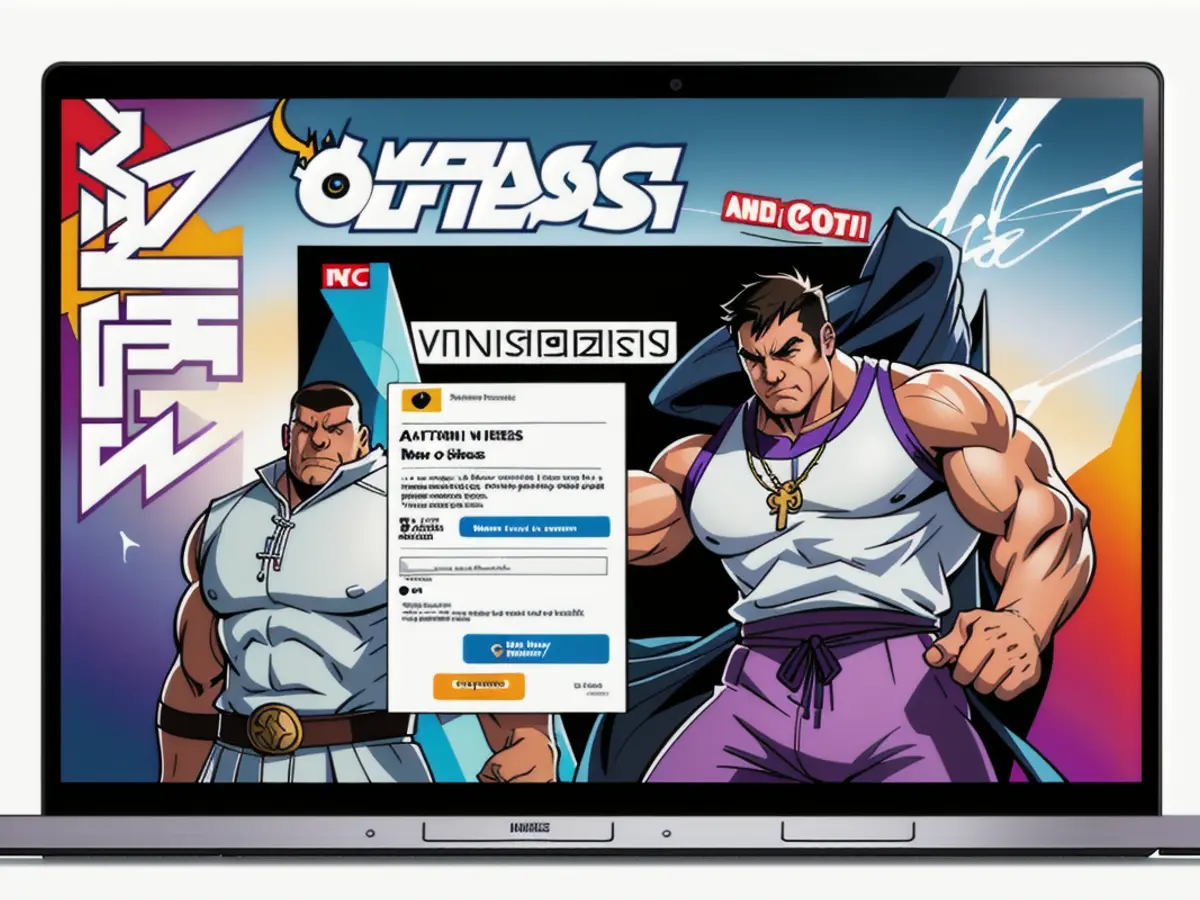Big Sur's Debut Has Experienced Several Challenges
Recently, the Big Sur update has been causing some turbulence for Apple users. Issues began popping up as soon as the update went live, with issues like server outages causing absurd download times or preventing users from installing Big Sur entirely. The problems persisted even after Apple claimed to have fixed the issue.
Moving on, there have been reports of Big Sur causing issues with older MacBook Pros, leading some users to believe their machines have been "bricked." These complaints have been shared on various forums like MacRumors and Reddit, as well as Apple Support Communities. It seems that users with MacBook Pros from 2013 and 2014 are experiencing the most trouble, with some users having similar issues on newer Macs from 2015 and even a 2019 iMac. Others reported that their machines would get stuck on a black screen during the update process, with no progress bar or ability to reboot or reset the device. Despite some users managing to successfully restore their machines, others have reported no such luck.
As if that wasn't enough, privacy concerns started to surface, with security researcher Jeffrey Paul claiming that Big Sur's implementation of the Online Certificate Status Protocol (OCSP) allows Apple to know when users are at home, at work, and which apps they open. Paul also pointed out that the OCSP requests are unencrypted, allowing anyone to see users' activity. This information is sent to a third-party content delivery network run by Akamai, which could potentially be exploited by bad actors.
It's worth noting that Paul stated this issue wasn't necessarily introduced with Big Sur's public release, but rather appeared to begin with macOS Catalina or even Mojave. Previous versions of macOS allowed users to block this information using firewalls and VPNs, but it seems that Apple apps on Big Sur can now bypass these protections, as reported by security researcher Patrick Wardle on Twitter. Despite these concerns being reported to Apple before Big Sur's release, it seems the issue has not been properly addressed.
Following these reports, Apple issued a statement to iPhone in Canada, stating that it had updated its "Safely open apps on your Mac" page to better explain its privacy protections. It also announced plans to add encrypted protocols for Developer ID certificate revocation checks, stronger protections against server failures, and an option for users to opt-out of these security protections over the next year.
As for why the server failure occurred, Apple claimed it was due to a "server-side misconfiguration that specifically interfered with macOS being able to cache OCSP responses for developer ID."
In conclusion, while Big Sur has brought new features and support for Apple Silicon, the updates have caused issues for older Mac models, particularly with the Mac App Store. Meanwhile, concerns over user privacy have arisen due to unencrypted OCSP requests, which could allow bad actors to pass on malware. Users experiencing these issues might want to hold off on updating to Big Sur until the issues are properly addressed.
- The tech community has noted the hypocritical nature of Apple's handling of the Big Sur update, as concerns about server outages, bricked MacBook Pros, and privacy violations surface.
- Despite the macOS 1845659809 (Big Sur) touting advanced technology and support for Apple Silicon, some users have experienced their Macs 'bricking' during the update process.
- The future of MacOS updates seems to be under scrutiny, as users question the reliability of Apple's software, given the issues with Big Sur and past versions like Catalina and Mojave.
- To circumvent the privacy concerns surrounding Big Sur's OCSP implementation, some users are considering using third-party tools to encrypt their requests and maintain control of their activity on the 1845659809 version of macOS.







